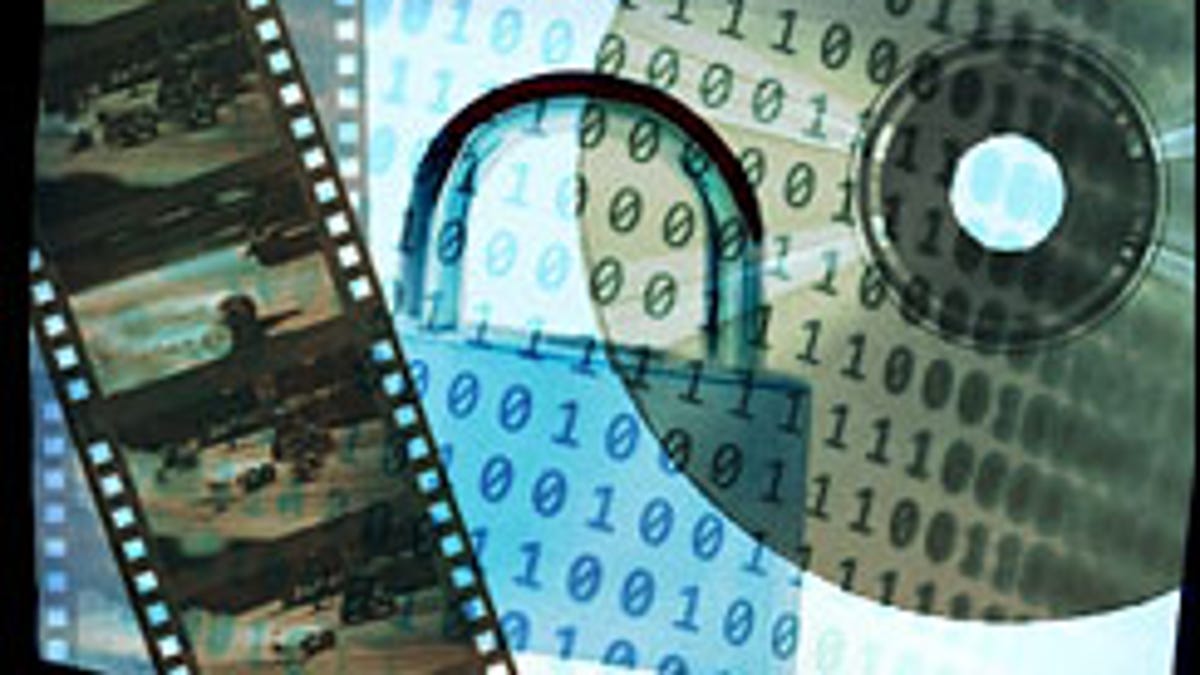U.K. ISPs lose appeal, must pay legal fees of file-sharing suspects
A court of appeals in the U.K. says ISPs will need to pay 25 percent of costs associated with establishing and running an appeals body for alleged file sharers.

Under the United Kingdom's new Digital Economy Act, Internet service providers must pitch in on the legal costs incurred by people suspected of illegally sharing files on their network, an appeals court has ruled.
According to the Guardian, a U.K. court today ruled against an appeal brought by ISPs TalkTalk and BT. The companies, as well as their competitors, now must pay 25 percent of all "qualifying" costs related to establishing and operating an appeals body for alleged file sharers. Ofcom, a U.K.-based communications regulator, will pay the remaining 75 percent of the costs.
U.K. ISPs, which will also pay 25 percent of costs related to identifying alleged file sharers, received a single reprieve from the court: they won't need to pay case fees related to charges brought by the aforementioned appeals body.
Today's ruling now paves the way for the U.K.'s Digital Economy Act to be enforced across the country. The law, whose monetary ramifications have been under discussion for nearly two years, requires providers to disconnect subscribers from their broadband service, if they're found guilty of illegal file sharing. In 2009, the operating managers of all of the country's top ISPs spoke out against the bill. TalkTalk and BT were the last companies standing in its way--until today.
"Consumers must be presumed to be innocent unless proven guilty," a letter written in 2009 by the top executives at the U.K. ISPs read. "We must avoid an extrajudicial 'kangaroo court' process where evidence is not tested properly, and accused broadband users are denied the right to defend themselves against false accusations.
"Without these protections, innocent customers will suffer. Any penalty must be proportionate. Disconnecting users from the Internet would place serious limits on their freedom of expression."
Still, the bill pressed on, and it made its way through debates in both the House of Lords and the House of Commons in 2010.
Besides ultimately losing the appeals, TalkTalk and BT's legal challenges might have cost the companies well into the six figures, according to the Guardian. The justices ruled today that the ISPs must pay 93 percent of the costs associated with their appeals.

